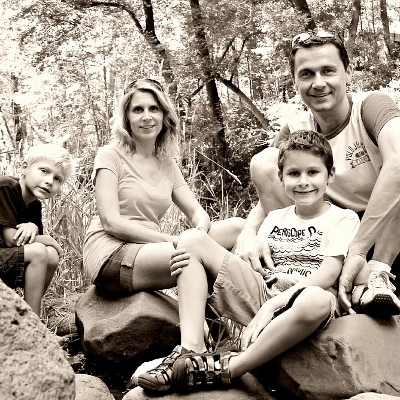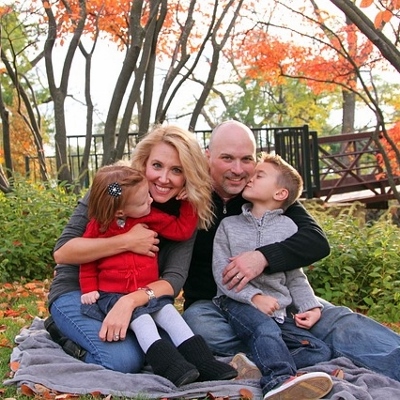 The tween years mark a departure from some of the social customs that have prevailed up until this point. Boys and girls are no longer interchangeable when it comes to party invites and social gatherings. Differences are no longer a point of wonder. It used to be that kids could be cruel because they don’t know any better. In the elementary days, comments like “you’re fat†or “why do your ears stick out like that?†were (usually) not meant so much to be hurtful as they were to explore the differences the children were discovering as their world grew larger and more diverse.
The tween years mark a departure from some of the social customs that have prevailed up until this point. Boys and girls are no longer interchangeable when it comes to party invites and social gatherings. Differences are no longer a point of wonder. It used to be that kids could be cruel because they don’t know any better. In the elementary days, comments like “you’re fat†or “why do your ears stick out like that?†were (usually) not meant so much to be hurtful as they were to explore the differences the children were discovering as their world grew larger and more diverse.
That excuse no longer applies in the tween world. “You’re fat†means “you fail my personal test for physical beauty and I ridicule you for it.†“Why do your ears stick out like that?†means “Ha ha, you have a physical imperfection and I mock you for it.†Words hurt. They hurt young children before the tween years and they can hurt us as adults long after.
But words cut especially deep during the awkward transition years of 11-13. Young people find their bodies changing, are faced with new temptations and challenges, and generally have a difficult time of managing their emotions during these pivotal developmental years. Add a few unkind and judgmental words to the bubbling cauldron of hormones and anxiety and you can get some explosive results.
Tweens will seek validation anywhere they can get it and especially where they cannot get it. The class bully, the ice-queen of the seventh grade, the haughty rich kid who hates everything – these are all prime targets for a tween to latch onto and seek validation. Unfortunately, those archetypes are seeking validation of their own and they tend to find it in putting others down – particularly those who seek their approval. It’s a toxic combination that rewards obnoxiousness and reduces good kids to pawns in a game of egos.
Our charge as parents in this area is twofold. First, we have to arm our children with the kind of self-esteem that cannot be shredded by a few words from an acquaintance. Our children need to realize that their value is not determined by the opinions of others. It’s a hard lesson for a tween to learn but it is a very valuable and important one.
Second, if we are in the position of having the the popular and influential children, we have to be extremely diligent to ensure that our children are using the power that comes with their status wisely. If we train our children to use their words to build one another up rather than tearing others down, we do our part to make the world a friendlier and kinder place.










